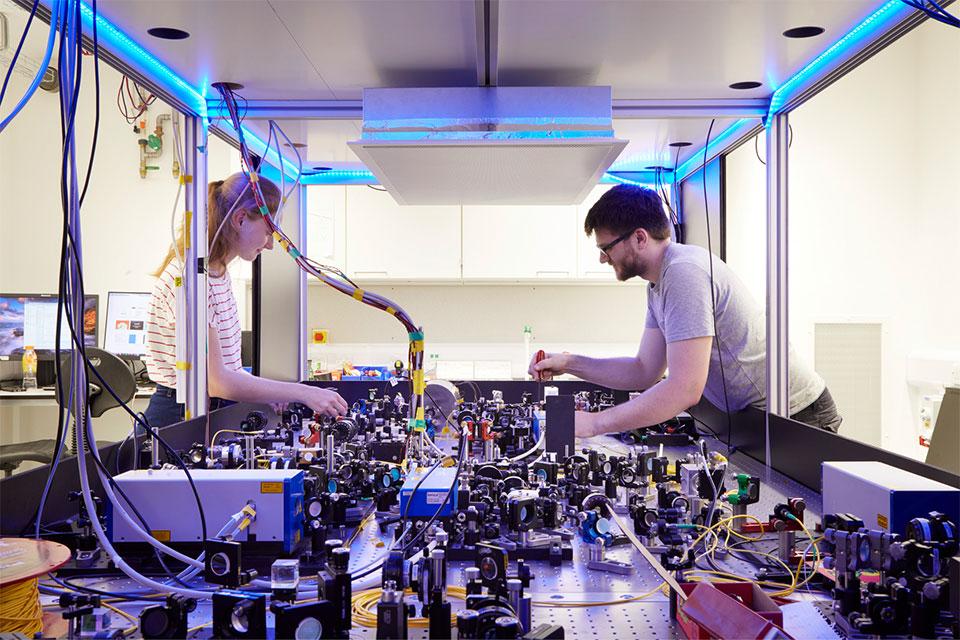Beecroft Building
Dr Mile Gu (National University of Singapore)
QuCSI The Quantum and Complexity Science Initative
Abstract:
Dimensionality reduction captures the spirit of Occam’s razor – asking the fundamental question: What features of current data are the essential indicators of future behaviour? By isolating such features and discarding the rest, we gain a better understanding of underlying causal behaviour, while enabling models with reduced memory costs and enhanced generalisation capability. Could quantum computers offer fundamental advantages in this arena? Here I will outline our ongoing work along these directions in the context of stochastic modelling and quantum-enhanced adaptive agents, demonstrating that machines armed with the capacity to quantum information offer means to dimensionality reduce beyond what provably classical limits. Time permitting, I will discuss what these results imply in the nascent field of agent energetics -- such models help us understand the fundamental energetic costs of realizing complex adaptive behaviour and how it may change in the presence of quantum agents.
References:
- Implementing quantum dimensionality reduction for non-Markovian stochastic simulation, Nature Communications 14.1, 2624.
- Quantum Adaptive Agents with Efficient Long-Term Memories, Phys. Rev. X 12, 011007,
- Extreme Dimensionality Reduction with Quantum Modeling, Phys. Rev. Lett. 125, 260501
- Provable superior accuracy in machine-learned quantum models, Phys. Rev. A 108, 022411
About the Speaker:
Gu is originally from New Zealand and obtained his Ph.D. at the University of Queensland in 2009. After a faculty position at Tsinghua at the Institute for Interdisciplinary Information Science, he joined Nanyang Technological University in 2016 under Singapore’s National Research Foundation fellowship program. He presently leads the quantum and complexity science initiative – focusing on topics bridging quantum, complexity, and information science, and holds joint affiliations with the Centre for Quantum Technologies and Majulabs.

